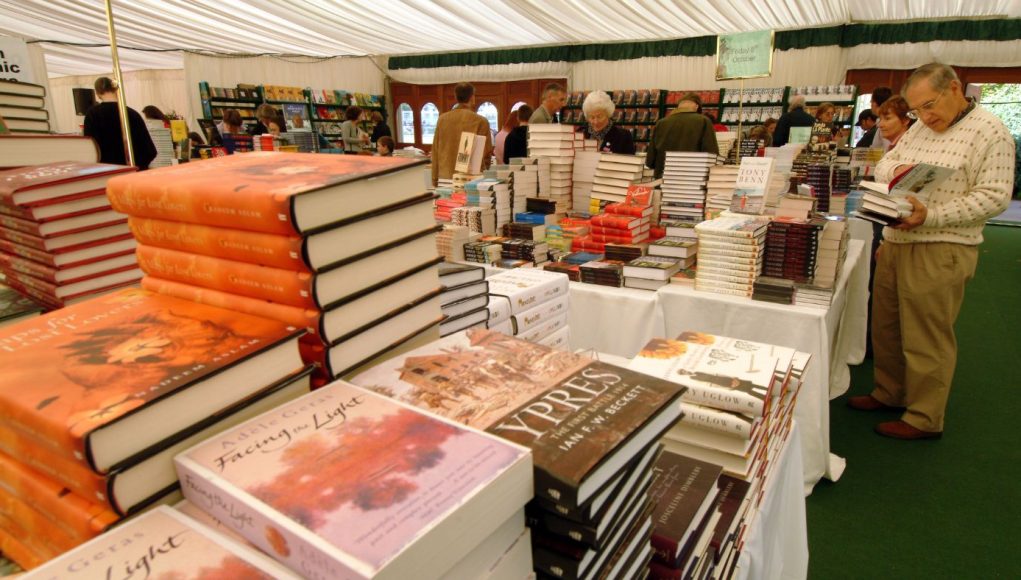The New York publishing industry stands as a cornerstone of literary culture, boasting a rich history and a vibrant present. Within this dynamic ecosystem, book fairs and festivals play a pivotal role, serving as platforms for authors, publishers, agents, and readers to converge, celebrate literature, and foster connections. In this article, we delve into the significance of book fairs and festivals within the context of publishing in new York, highlighting their impact on the industry’s vitality and growth.
The Legacy of New York Publishing
New York City has long been synonymous with the publishing world, serving as the epicenter of literary activity in the United States. With a storied tradition dating back to the 19th century, New York’s publishing industry has flourished, propelled by iconic publishing houses, literary agencies, and renowned authors. From the legendary offices of Random House to the historic streets of Greenwich Village, the city’s literary heritage continues to inspire and shape the global literary landscape.
The Rise of Book Fairs and Festivals
Against this backdrop of literary prominence, book fairs and festivals have emerged as essential fixtures within the New York publishing scene. These events provide a platform for authors to showcase their work, publishers to promote their latest releases, and readers to engage with their favorite writers. From the prestigious New York Antiquarian Book Fair to the inclusive Brooklyn Book Festival, these gatherings cater to diverse literary tastes and interests, fostering a sense of community and camaraderie among participants.
Facilitating Networking and Collaboration
One of the primary functions of book fairs and festivals is to facilitate networking and collaboration within the publishing industry. Authors have the opportunity to connect with agents and editors, pitch their manuscripts, and explore potential publishing deals. Publishers scout for emerging talent, negotiate rights agreements, and forge partnerships with other industry professionals. Agents seek new clients and cultivate relationships with established authors. These interactions not only drive literary innovation but also contribute to the economic vitality of the publishing ecosystem.
Celebrating Diversity and Inclusivity
In addition to serving as business platforms, book fairs and festivals play a crucial role in celebrating diversity and inclusivity within the publishing industry. Events such as the Harlem Book Fair and the Queer Book Fair provide platforms for marginalized voices and underrepresented communities to share their stories and perspectives. By showcasing a wide array of authors from diverse backgrounds, these events enrich the literary landscape and promote a more inclusive publishing industry.
Promoting Literary Tourism
Book fairs and festivals also contribute to New York City’s status as a literary destination, attracting visitors from around the world who come to immerse themselves in the vibrant literary culture of the city. Attendees have the opportunity to explore iconic literary landmarks, attend author readings and panel discussions, and discover new books and authors. From the bustling streets of Manhattan to the tranquil parks of Brooklyn, these events showcase the city’s literary heritage and inspire visitors to delve deeper into the world of books.
Conclusion
In conclusion, book fairs and festivals play a vital role in the New York publishing industry, serving as catalysts for creativity, collaboration, and community building. These events not only provide a platform for authors, publishers, and readers to connect but also celebrate the rich diversity of voices within the literary world. As New York continues to evolve as a global publishing hub, book fairs and festivals will remain integral to the city’s literary ecosystem, shaping the future of publishing for generations to come.




